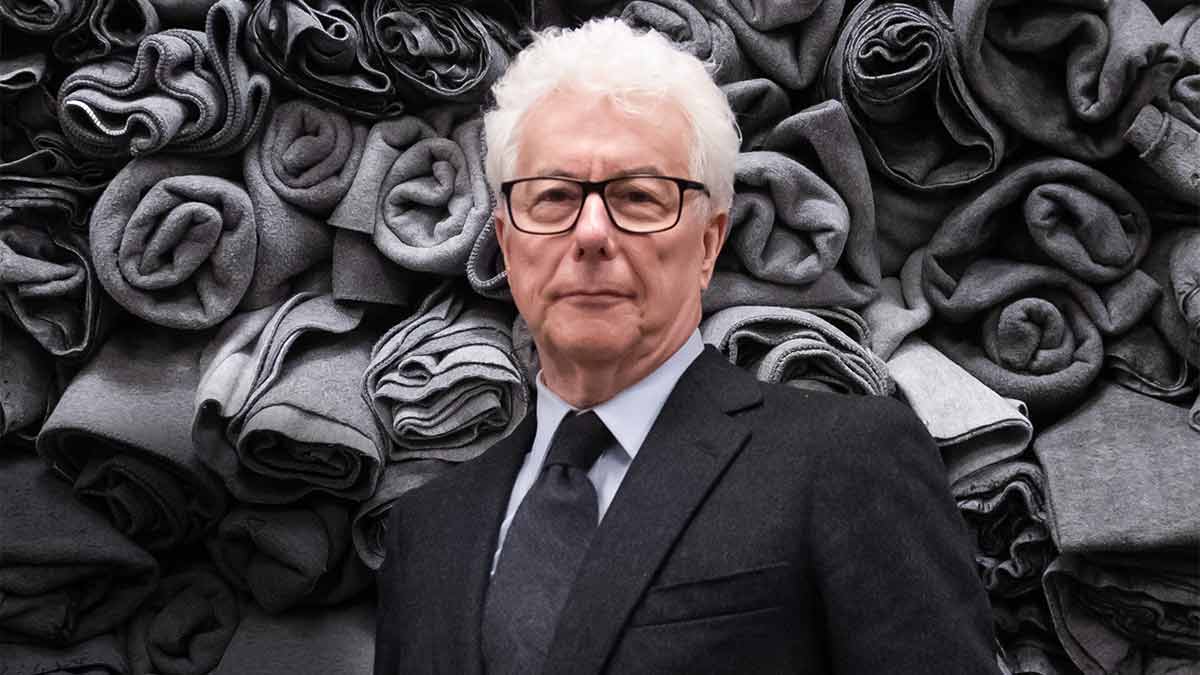From Steinbeck's quiet awe to global turmoil
 Ken Follett | Getty Images
Ken Follett | Getty Images
ONE OF THE WEEK’S senior editors is re-reading John Steinbeck’s Travels with Charley. He tells me how the Nobel laureate records a road trip across the US with his French poodle. Steinbeck writes this of Charley: “He can’t read, can’t drive a car, and has no grasp of mathematics. But in his field of endeavour… the slow, imperial smelling over and anointing of an area, he has no peer. Of course, his horizons are limited, but how wide are mine?”
On the road, Steinbeck ran into a “cathedral hush”. Just that he found it not in a cathedral, but among the California redwood trees at Sequoia National Park. That hush is a deep and peaceful silence, which is not just the absence of noise. It is a silence that evokes awe and contemplation. A quiet silence that invites you to look into yourself.
Author Ken Follett had his “cathedral hush” moment when he was a reporter at London’s Evening News, writes Deputy News Editor Navin J. Antony. Unlike Steinbeck, he found it in a cathedral at the edge of the paper’s circulation area. Follett’s latest book that inspired this cover, Circle of Days, has another ‘cathedral’ at its heart—Stonehenge. Navin skilfully sketches out a portrait of the writer, his art, his politics and love of cathedrals.
Senior Special Correspondent Nachiket Kelkar writes about something as timeless as cathedrals—gold, its galloping price, and the Indian love for it. George Alexander Muthoot of India’s largest gold loan company, Muthoot Finance, says that the spike benefits the borrower. “If someone wanted (to raise) 2 lakh earlier, he needed two chains. Now one is enough,” George says.
After my grandmother passed away, my grandfather, K.C. Mammen Mappillai, had nine gold rings made from her jewellery. One for each child. My father’s ring inspired the title of his autobiography, The Eighth Ring. If that circle of gold could talk about the price spikes it has seen and the events that caused each spike, what a fascinating story it would be.
Now to topics a little farther from home. Chief of Bureau (Chennai) Lakshmi Subramanian writes about a newly unearthed mass grave that she visited in Jaffna, Sri Lanka. Around 200 skeletons were found there, victims of the civil war. But the youth in northern Sri Lanka are now looking to the future.
Lakshmi’s story reminded me of the time the current Editor-in-Charge V.S. Jayaschandran reported from war-torn northern Sri Lanka, with a borrowed bicycle as his means of transport. And once, even sleeping in a roofless house in Jaffna. The constant shelling had turned the house into that, a shell.
Let me stop with the uneasy peace in Gaza. My old friend Ido Dissentshik writes that without a significant shift in hearts and minds, the resolution of the Israel-Palestine conflict remains unlikely. A former editor of the Ma’ariv newspaper, Ido is being pragmatic. But it is a sad pill to swallow, is it not? Ido also says that former US president Joe Biden’s solution was better than President Donald Trump’s offer, but no one accepted it. Then why accept now? Because “Trump came with a bigger stick—and more carrots”.
Columns